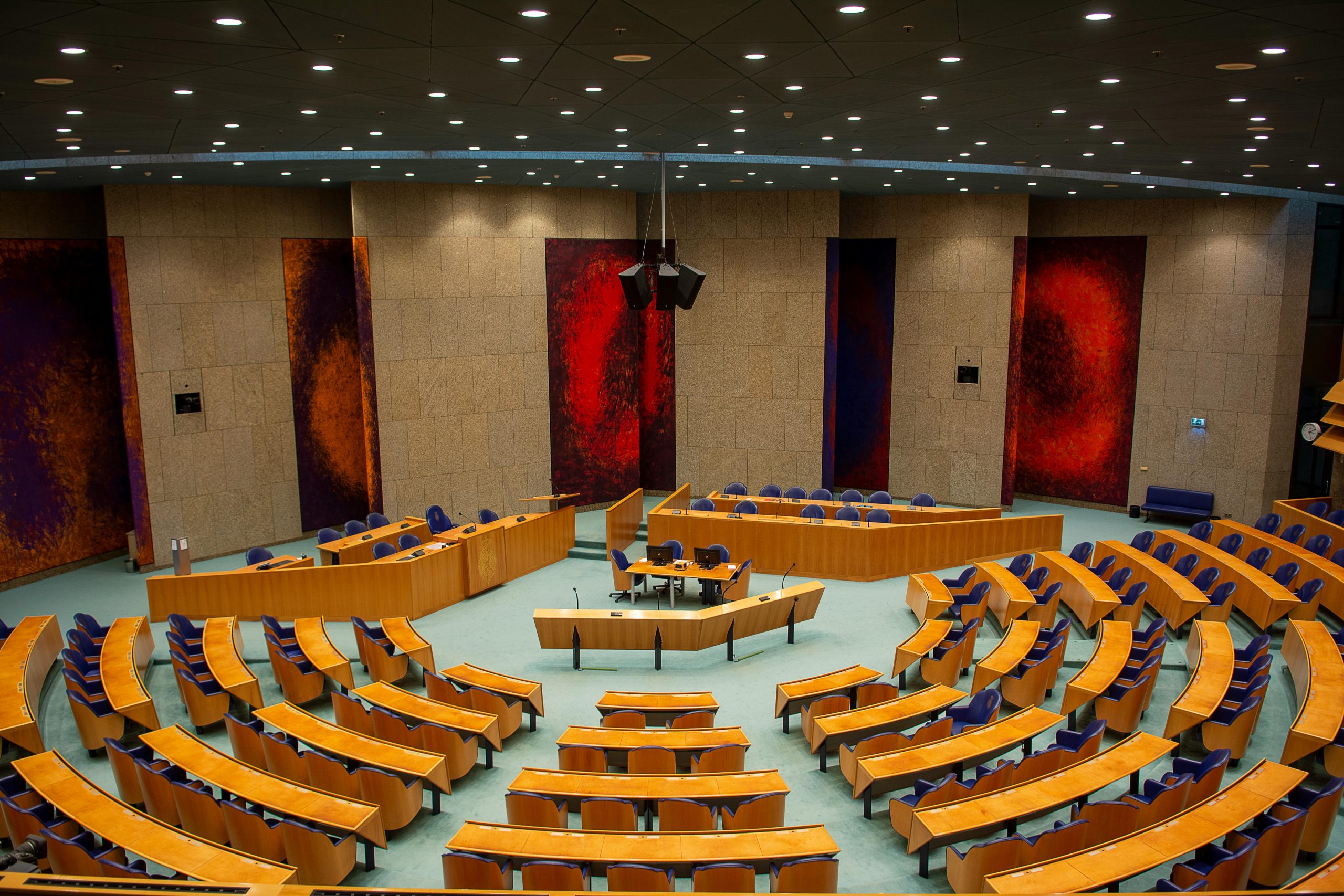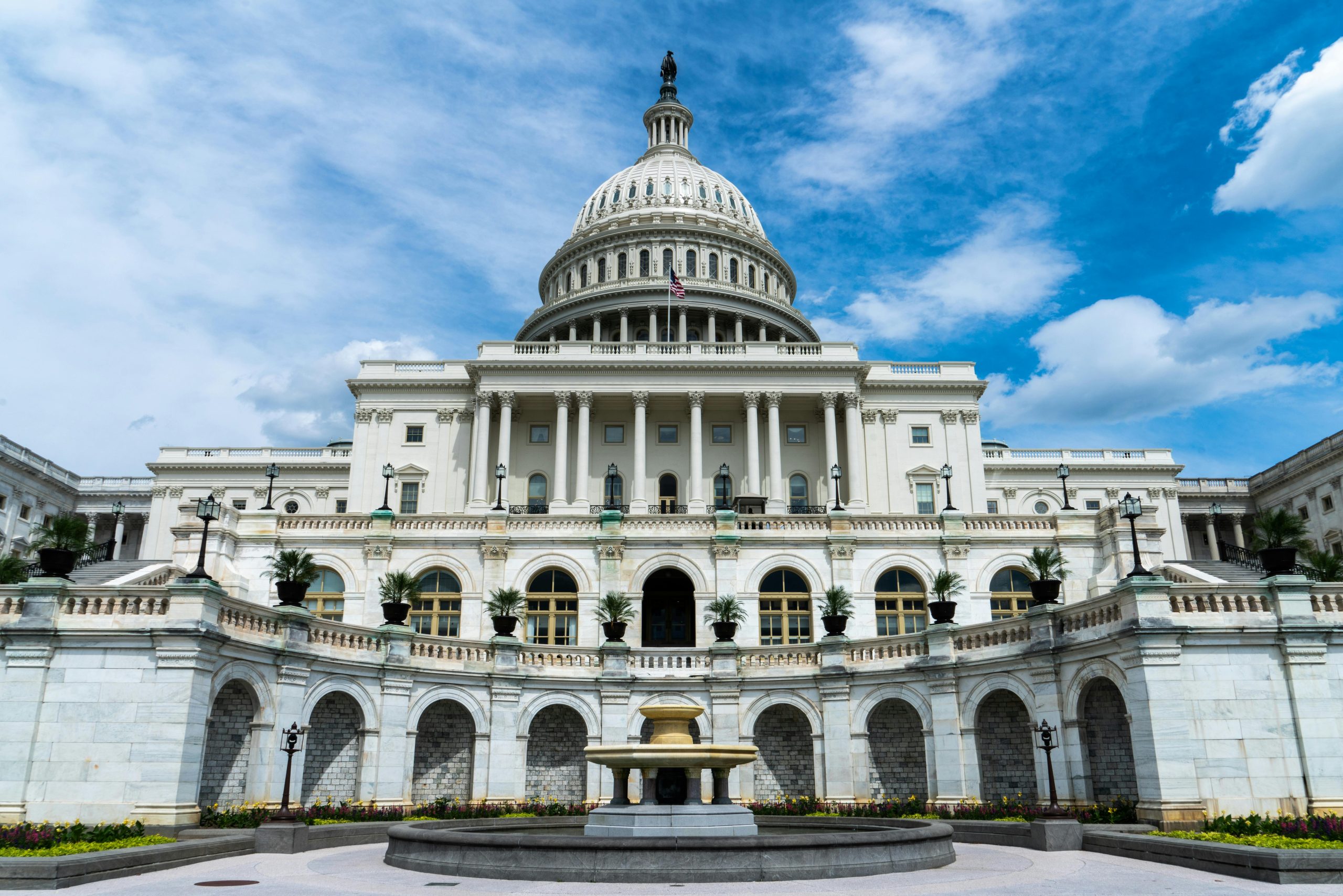In a renewed effort to address the longstanding debate over daylight saving time (DST), Texas lawmakers have introduced multiple bills in the 2025 legislative session aiming to eliminate the biannual clock changes and establish a consistent time system statewide.
Legislative Proposals in 2025
As of early 2025, seven bills have been filed in the Texas House of Representatives and four in the Texas Senate concerning DST. These proposals reflect a growing desire among legislators to address the disruptions caused by the semi-annual time changes.
One notable proposal is House Bill 1736, introduced on January 6, 2025. This bill seeks to exempt Texas from DST under the Uniform Time Act of 1966, thereby keeping the state on standard time throughout the year.
Similarly, Senate Bill 692, filed on January 2, 2025, proposes that Texas observe standard time year-round, effectively abolishing DST in the state.
Historical Context and Previous Efforts
The movement to end DST in Texas is not new. In the 2023 legislative session, approximately 30 bills were filed aiming to either put DST to a vote among Texas residents or eliminate the clock changes altogether. Despite these efforts, no bills were successful that year.
In April 2023, the Texas House of Representatives voted 138-5 in favor of House Bill 1422, which proposed observing DST year-round. However, implementing such a change requires federal approval, as current federal law permits states to remain on standard time permanently but does not allow them to adopt DST year-round without congressional authorization.
Federal Considerations
Under the Uniform Time Act of 1966, states have the option to exempt themselves from DST and remain on standard time throughout the year. However, adopting DST year-round is not permitted without federal legislation authorizing such a change. This federal constraint has been a significant factor in the ongoing debate and legislative efforts within Texas.
Public Opinion and National Trends
Public sentiment in Texas appears to favor ending the practice of changing clocks twice a year. Polls indicate that many Texans find the time changes disruptive and support establishing a consistent time system.
Nationally, there has been a growing movement to reevaluate DST. Several states have passed legislation to observe DST year-round, pending federal approval. The debate continues as more states consider the benefits and drawbacks of maintaining the current system versus adopting a permanent standard or daylight saving time.
Potential Impacts of Eliminating DST
Proponents of ending DST in Texas argue that the biannual time changes have negative effects on health, safety, and productivity. Studies have linked the transitions to increased risks of heart attacks, strokes, and sleep disorders. Additionally, the time changes can disrupt schedules, leading to decreased productivity and increased workplace accidents.
On the other hand, supporters of DST argue that extended daylight hours in the evening can lead to energy savings, increased retail sales, and more opportunities for outdoor activities. The debate balances the potential health and safety benefits of eliminating DST against the economic and social advantages of maintaining it.
Next Steps
The Texas Legislature’s 2025 session is currently underway, with the proposed bills concerning DST under consideration. If any of these bills pass both chambers and are signed into law by the governor, Texas could see the end of biannual clock changes as early as November 2025, coinciding with the conclusion of that year’s DST period.
However, any move to observe DST year-round would still require federal approval. As the debate continues, Texans and observers nationwide will be watching closely to see how the state navigates this complex issue.
For more information on the proposed legislation and to track its progress, individuals can visit the Texas Legislature Online at https://capitol.texas.gov/.
As the discussion evolves, it remains to be seen whether Texas will join the growing list of states opting to end the practice of changing clocks twice a year, potentially setting a precedent for others to follow.
(Source : texasscorecard.com)


 by
by 

